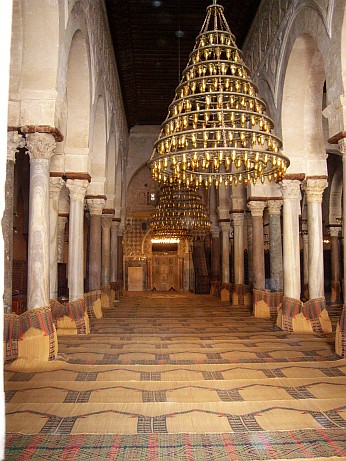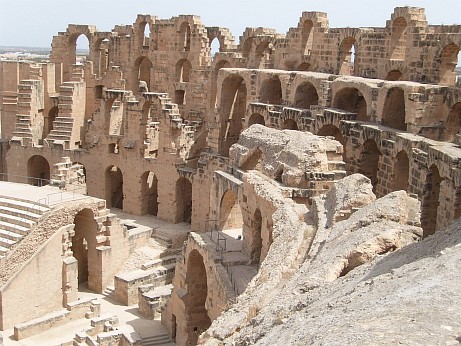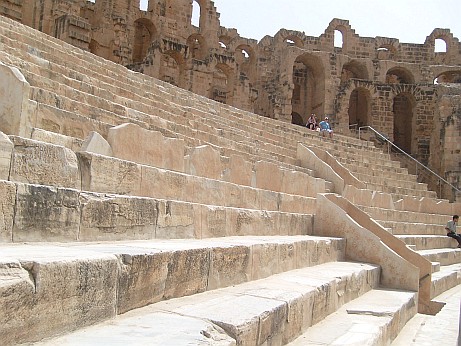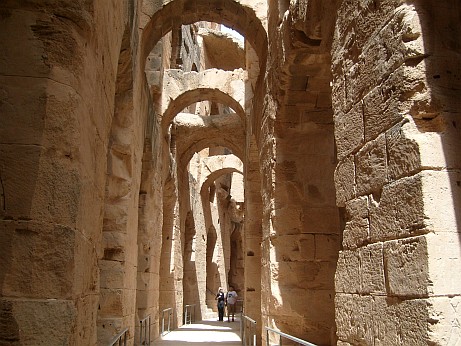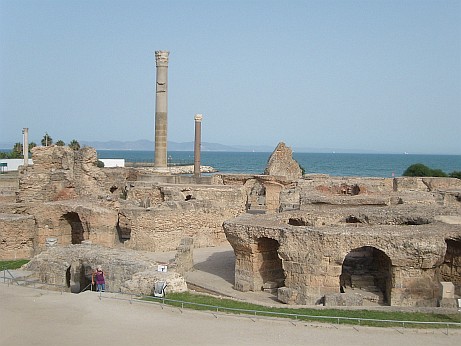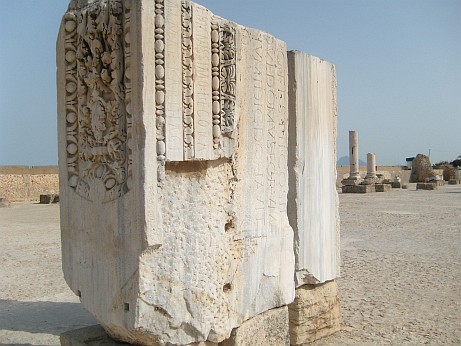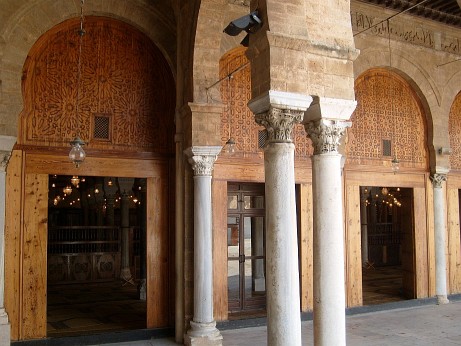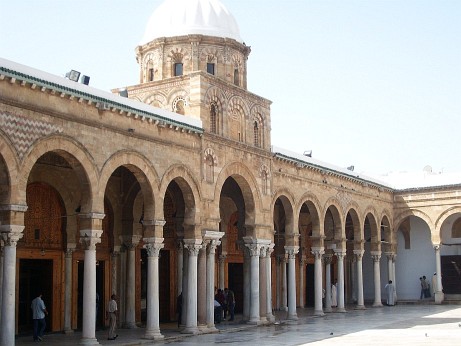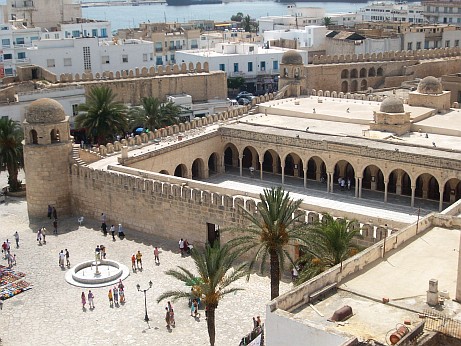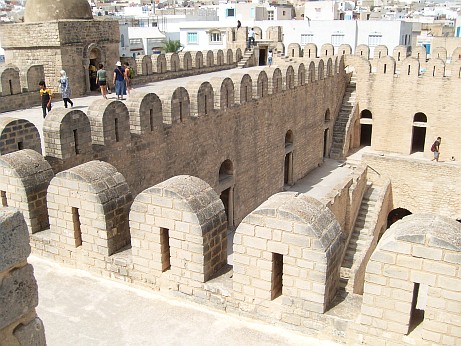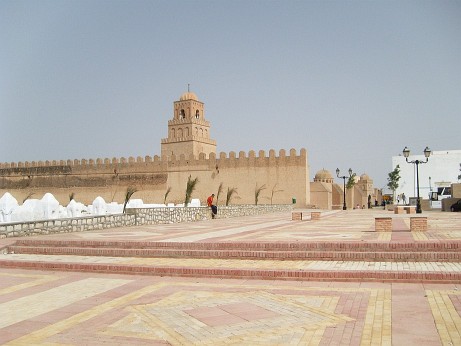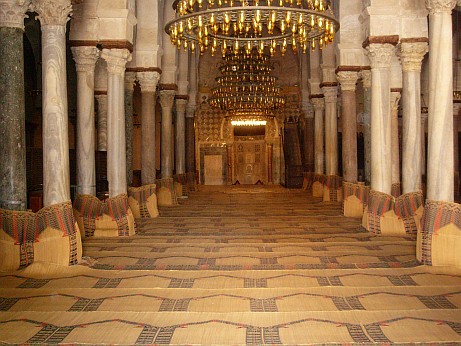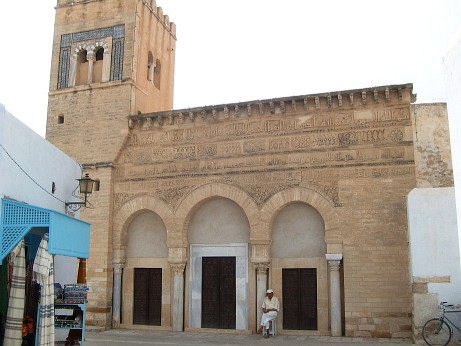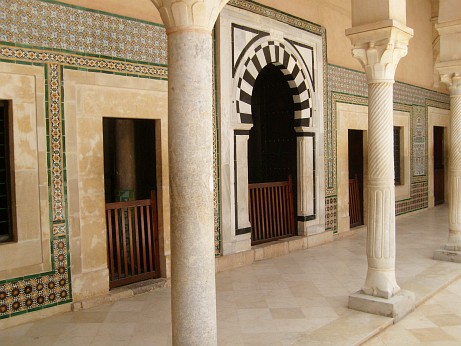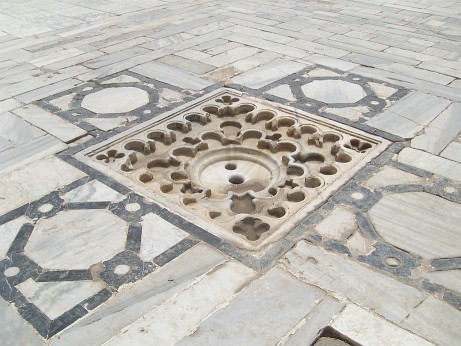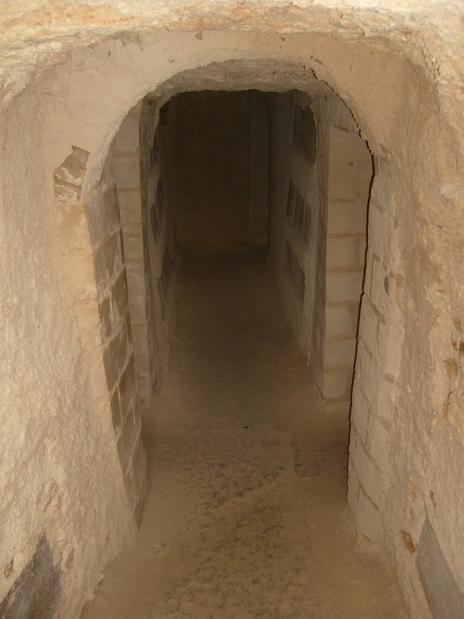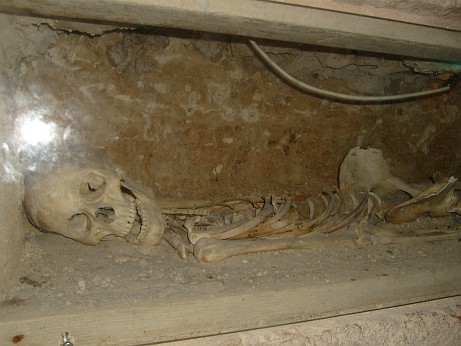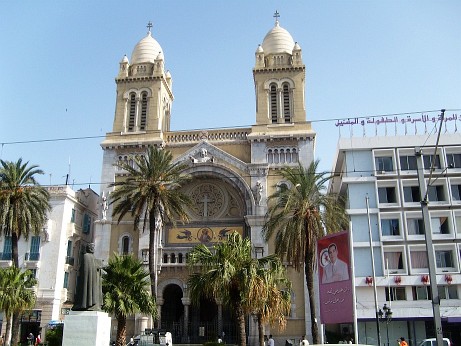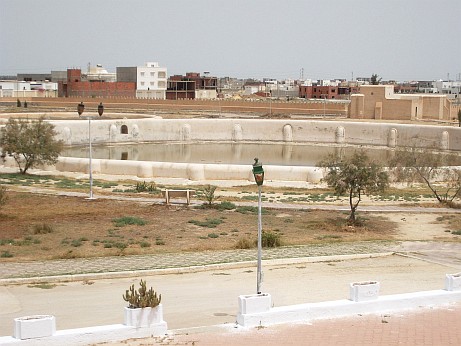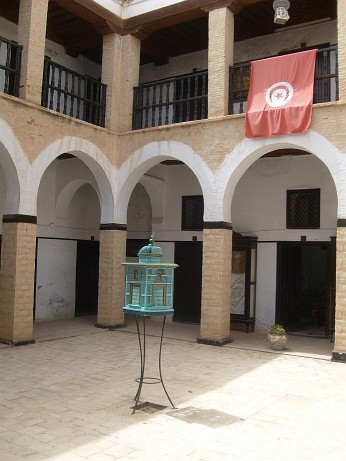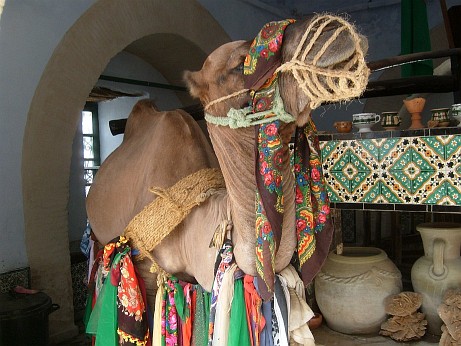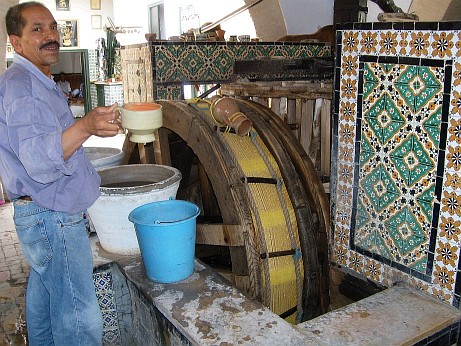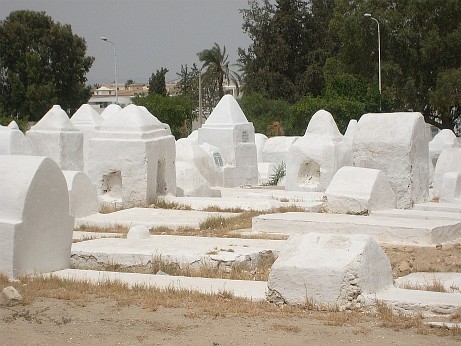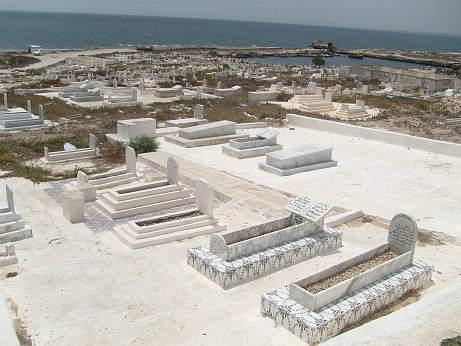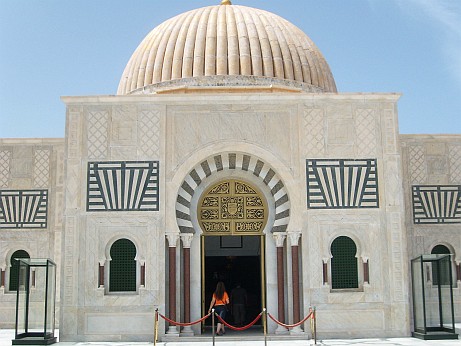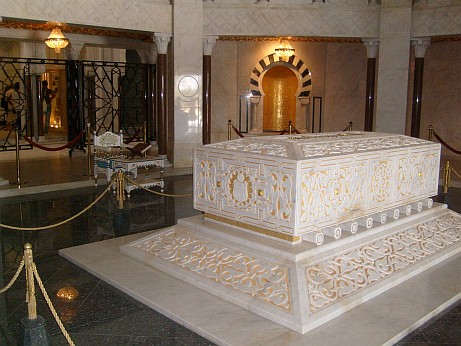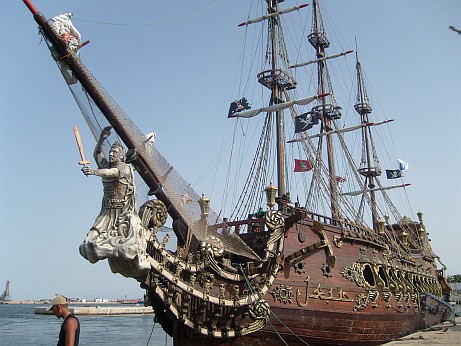AFRICA: A World Heritage sites tour of Tunisia
Amphitheater of El Jem, Carthage, Medina of Tunis, Medina of Sousse, Kairouan.. all placed on the UNESCO World Heritage List.
PHOTOS:
http://www.eu.cyberdusk.pl/press/thumbnails.php?album=40
PHOTOS:
http://www.eu.cyberdusk.pl/press/thumbnails.php?album=40
MOVIE
Amphitheater of El Jem (ancient Thydrus)
The impressive ruins of the largest coliseum in North Africa, a huge amphitheatre which could hold up to 35,000 spectators, can be found in the small village of El Jem. This 3rd-century construction illustrates the extent and grandeur of Imperial Rome.
Elliptically shaped mass, is 148 m long by 122 m wide and has a 427 m perimeter.
Elliptically shaped mass, is 148 m long by 122 m wide and has a 427 m perimeter.
Roman villas in El Jem
The Roman House in El Jem
Museum - foundings and mosaics from Amphitheater
Carthage
Founded in the 9th century B.C. on the Gulf of Tunis, Carthage developed, from the 6th century, into a great trading empire covering much of the Mediterranean and was home to a brilliant civilization.
Medina of Tunis
Under the reign of the Almohaves and the Hafsides dynasties, from the 12th to the 16th centuries, Tunis was considered one of the greatest and wealthiest cities of the Islamic world. Some 700 monuments, including palaces, mosques, mausoleums, medersas and fountains, speak of this remarkable past.
The GREAT MOSQUE
Medina of Sousse
Sousse, an important commercial and military port in the times of the Aghlabites (800-909), is a typical example of a town dating from the first centuries of Islam. With its kasbah, its ramparts, its medina (with the Great Mosque), the Bu Ftata Mosque and its typical ribat, at the same time a fort and religious building, Sousse formed part of a coastal defence system.
The Ribat
Kairouan
Founded in 670, Kairouan flourished under the Aghlabide dynasty in the 9th century. Despite the transfer of the political capital to Tunis in the 12th century, Kairouan remained the first holy city of the Maghreb.
Its rich architectural heritage includes the Great Mosque with its columns in marble and porphyry and the 9th- century Mosque of the Three Gates.
Its rich architectural heritage includes the Great Mosque with its columns in marble and porphyry and the 9th- century Mosque of the Three Gates.
The Great Mosque
- the oldest mosque in North Africa and the world's oldest minaret
- the oldest mosque in North Africa and the world's oldest minaret
There are many mosques in the city, among which the great mosque. After its establishment, Kairouan became an Islamic and Qur'anic learning center in North Africa.
There are 414 columns in the mosque. Almost all were taken from the ruins of Carthage
There are 414 columns in the mosque. Almost all were taken from the ruins of Carthage
9th- century Mosque of the Three Gates.
Kairouan was to become the 4rd holiest city in Islam after Mecca, Medina and Jerusalem.
On photo - directions to the all holy Islamic places (in the Great Mosque)
On photo - directions to the all holy Islamic places (in the Great Mosque)
MOVIE
Other historical places
Sousse - catacombs - dating back to the sizeable Christian presence in the 3rd century ce
The tunnels originally stretched for more than 5 km, and contains 15,000 graves.
A few graves have been exposed and the skeletons can be seen.
The tunnels originally stretched for more than 5 km, and contains 15,000 graves.
A few graves have been exposed and the skeletons can be seen.
Sousse - catacombs
Tunis - Christian Cathedral
Kairouan - The Aghlabid Pools
The Aghlabid Pools consists of two large cisterns built by the Aghlabids in 896 AD to hold the city’s water supply. In the center of the larger pool, you could still see the remains of pillars that once supported a pavilion where the rulers would come to relax on summer evenings.
Kairouan - the old Islamic school for children
Kairouan - bir barouta
camel pumping (holy) water from spring of bir barouta
Kairouan - muslim cemetery
In front of the Great Mosque - cemetery restricted to descendents of the family of the Prophet
Mahdia - large marine cemetery
and the Phenician port
Monastir - the Mausoleum of Habib Bourgiba (first president)
Sousse - historical port
It served as a base for pirates in medieval times..
